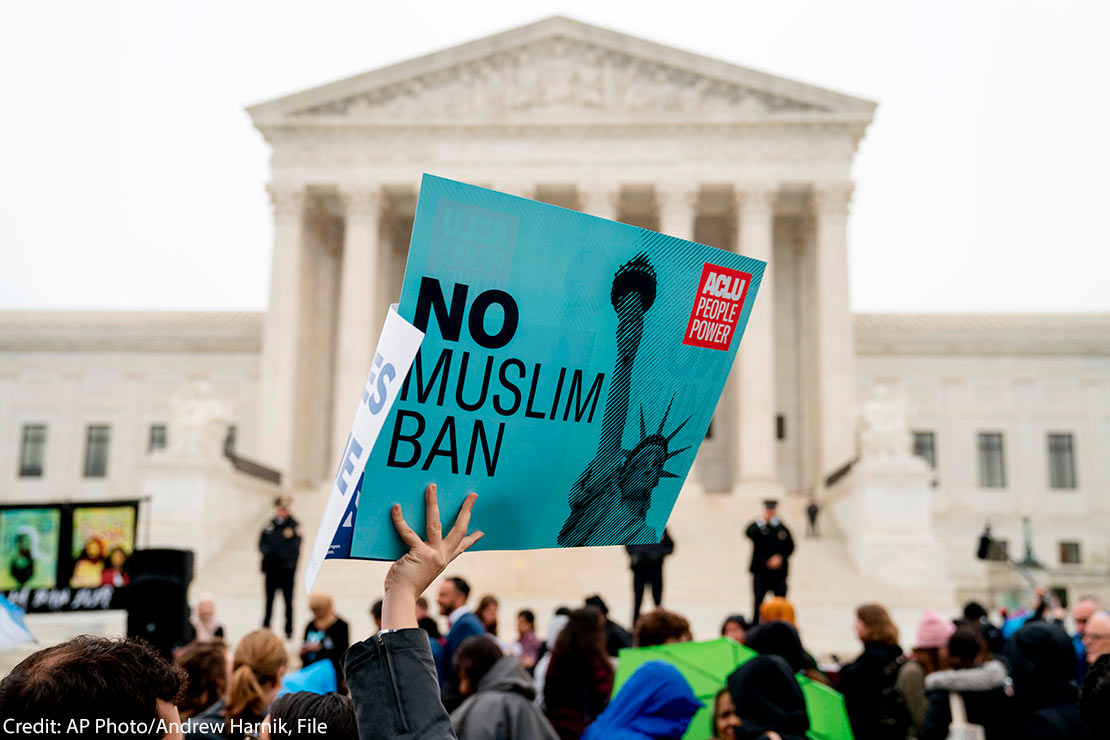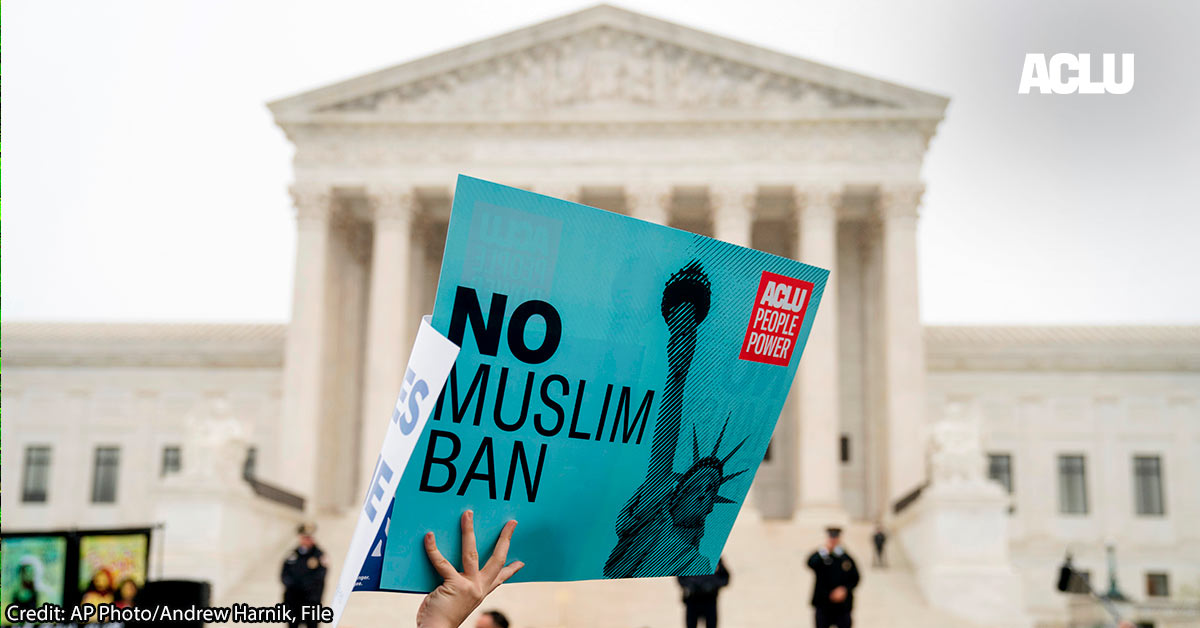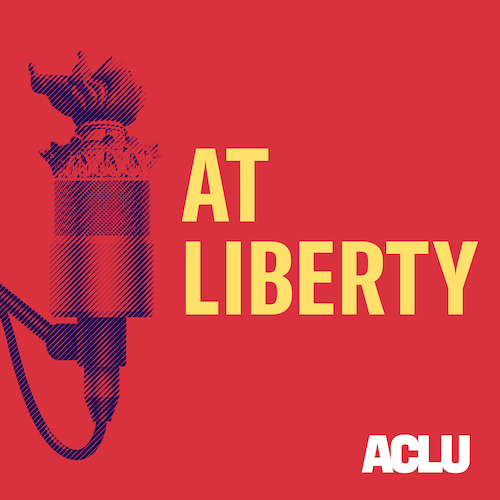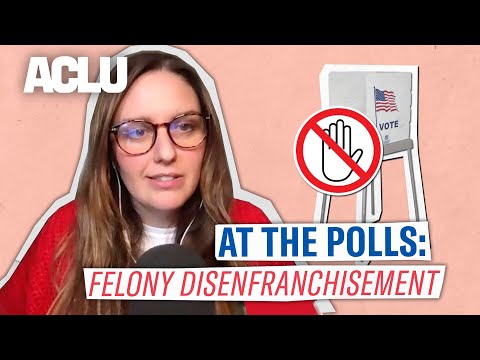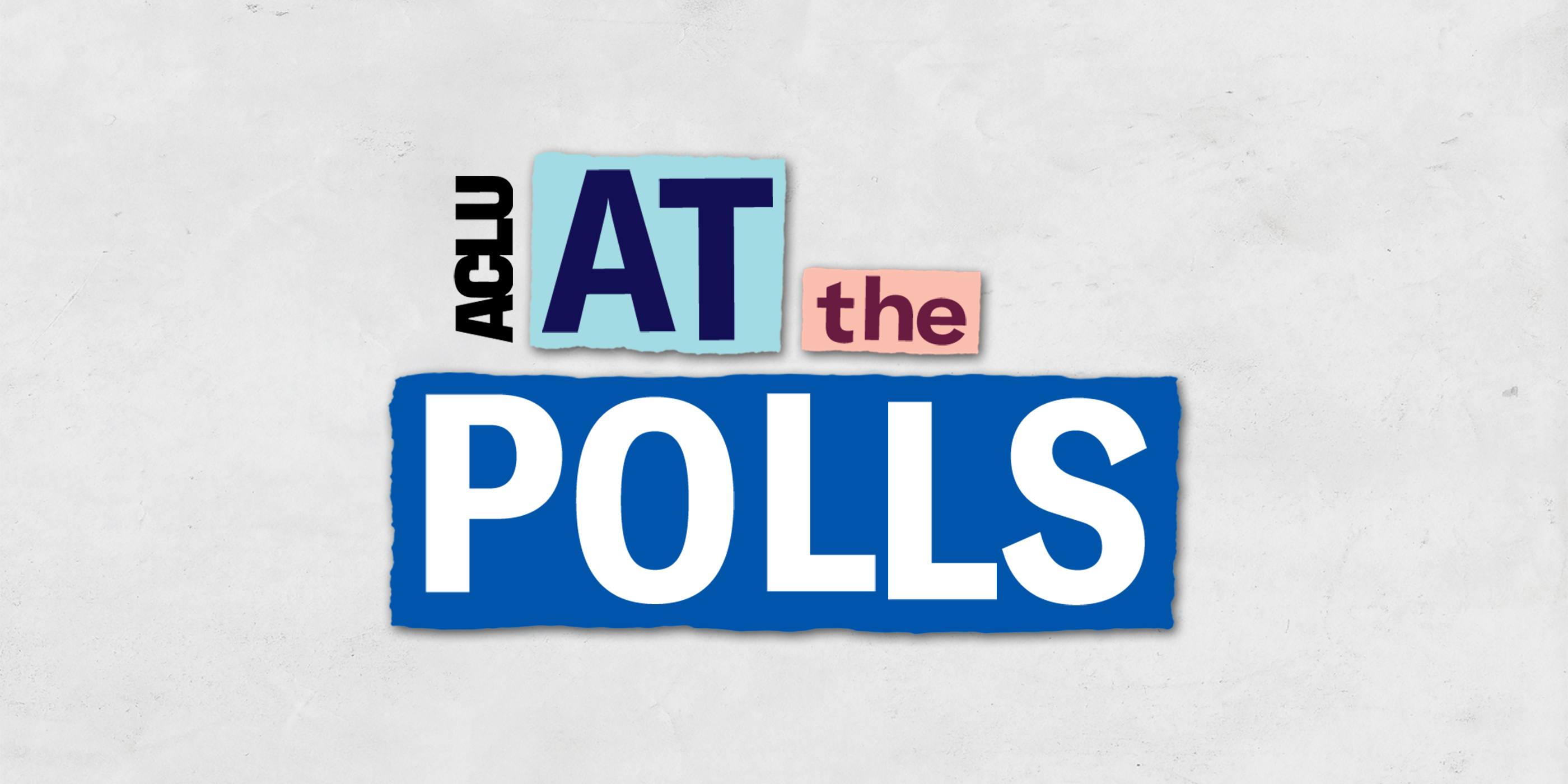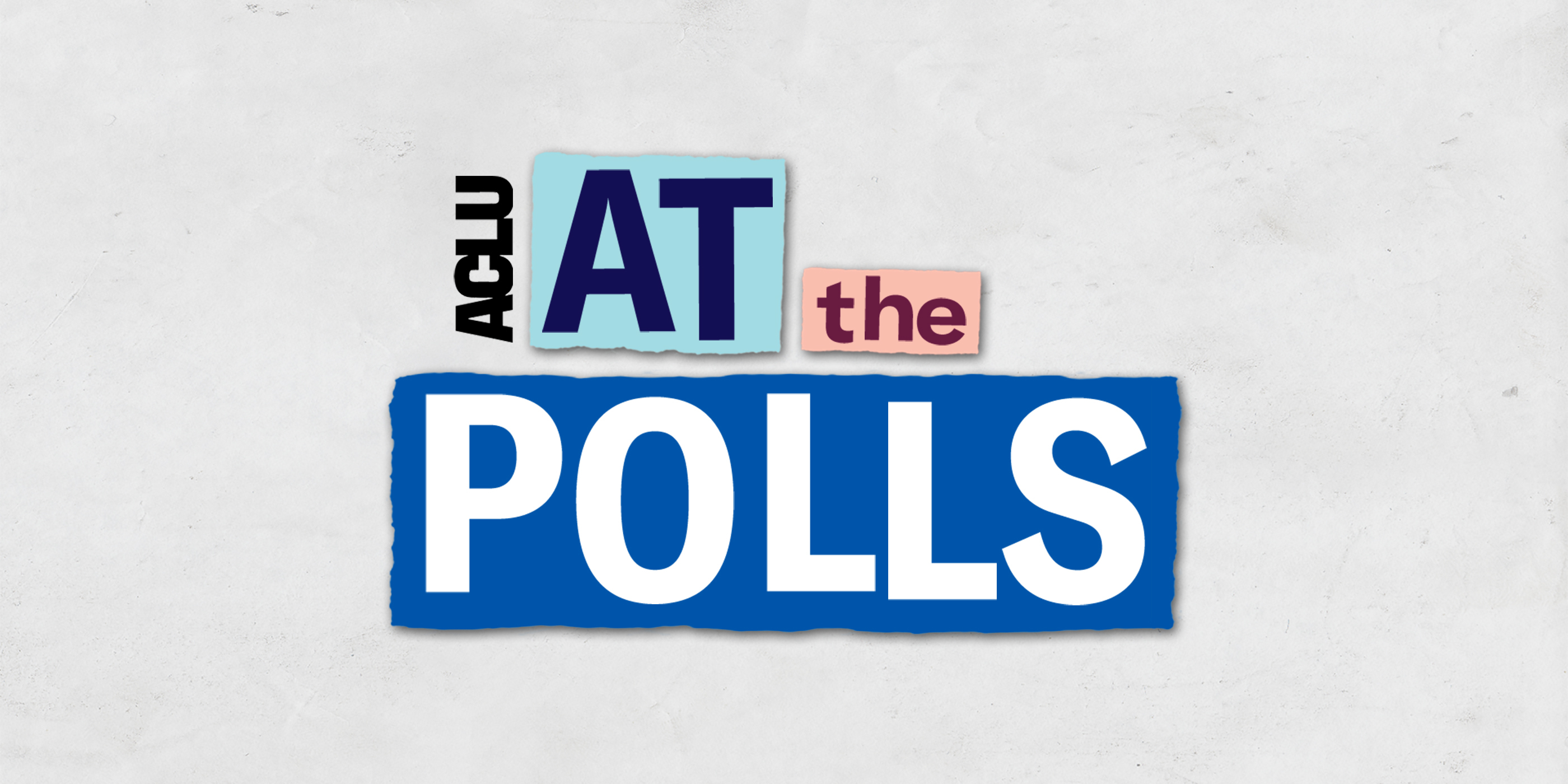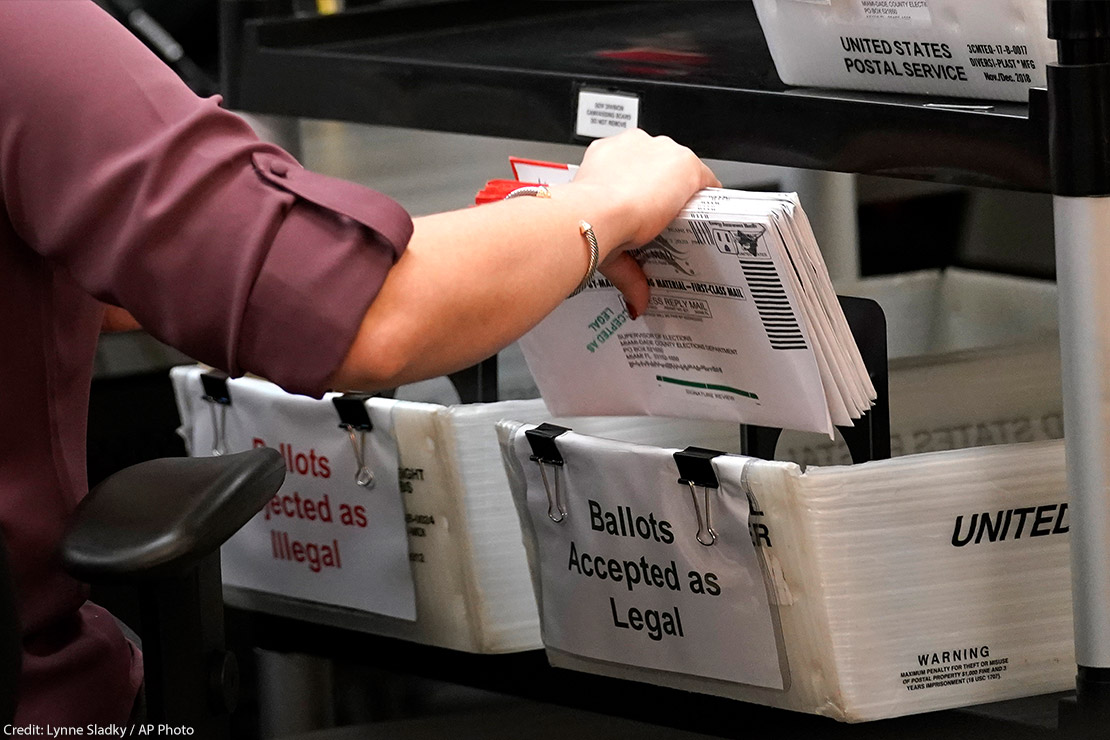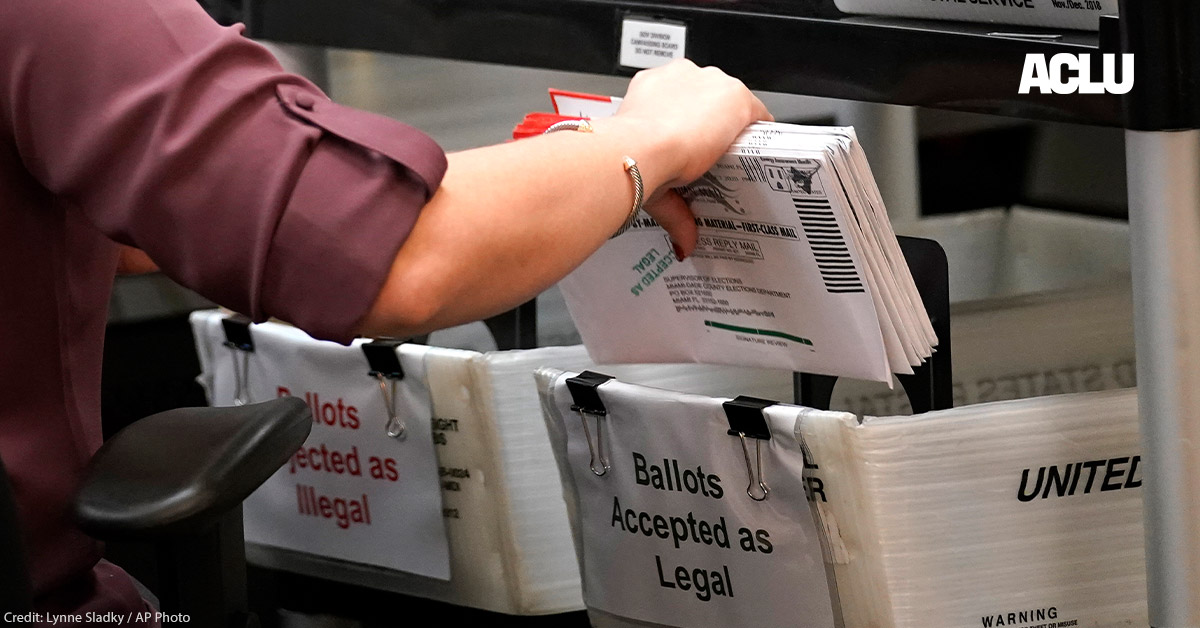Four years ago, an election altered the reality of Muslims in America and all over the globe. As president, Donald Trump made real his promise to ban Muslims by abusing his authority under the Immigration and Nationality Act (INA). Once that ban was legitimized by the Supreme Court, he used the same authority to issue ban after ban, discriminating against Black and Brown people in furtherance of his white supremacist agenda.
As we round the corner on this presidential term, it is critical that these discriminatory bans and all the related policies, including social media vetting, are rescinded and a more stringent standard is put in place to protect against these abuses of authority by future presidents. Every executive order and proclamation using authority INA 212(f) must be rescinded immediately and the original National Origin-Based Antidiscrimination for Nonimmigrants Act (NO BAN Act) must be signed into law to protect the American people from such discrimination and abuse moving forward.
Throughout his campaign, Trump promised to ban Muslims from the United States with naked vitriol that disregarded the Constitution and the American ideal of equality. In the days and weeks that followed, people from all walks of life preemptively promised to register with Muslims if Trump created a registry, and safety pins became a symbol to express silent solidarity for all who might be attacked. In an attempt to prevent harm to Muslims in its final days, the Obama administration dismantled the framework for the original post-9/11 registration program, National Security Entry-Exit Registration System (NSEERS). Few realized the forthcoming reality, and instead many hoped that Trump’s campaign was an attempt to garner the votes with his base and would not manifest in discriminatory policies.
That hope was short-lived. Just one week into his presidency, Trump issued his Muslim ban, sending his own administration into disarray and our country into chaos. But this time it was different. Instead of the public silence that followed NSEERS, as people were disappeared from our country, many were outraged and ready to act. In hours, airports nationwide were flooded with protesters demanding that Muslims be let into the country. Members of Congress, including Rep. John Lewis, showed up and waited for every person at the airport to be released.
It was a defining moment in American history: an uprising that made our collective resistance to oppression and discrimination clear.
However, the will of the people is not always immediately reflected in the outcomes of our government or our systems. Though numerous courts rejected Trump’s ban and cited its naked discrimination and animus, the administration repeatedly re-enacted it — and even claimed that the third version of the ban was the result of a secret process that was disconnected from the President’s promise to ban Muslims from the United States. Ultimately, the Supreme Court decided that claim gave it just enough cover to uphold the third Muslim ban, in a 5-4 ruling that is one of the court’s historic failures.
It was not the first time the Supreme Court failed, and it likely won’t be the last. One of the most infamous Supreme Court failures was allowing the incarceration of Japanese people in America through so-called internment camps. It was 40 years after Fred Korematsu refused to submit to Japanese incarceration camps that his conviction was finally overturned in federal court, though the Supreme Court decision still stood. A few years later, a bill was passed and signed into law providing redress and reparations for those who were incarcerated. A few months after that, Fred Korematsu was awarded a Medal of Freedom. Indeed, he spent his life fighting for these freedoms and recognition alongside numerous advocacy organizations and people all over the country. It’s no surprise that his daughter, Karen Korematsu, founded the Korematsu Institute and has played a critical role in defending the rights of Muslims.
Much like Japanese incarceration, the Trump administration used fear-mongering under the veil of “national security” to further its discriminatory agenda — this time by suspending visas under INA 212(f) to repeatedly ban Black and Brown people. It began with the Muslim and refugee bans, and once legitimized by the Supreme Court, it extended to more countries, specifically targeting Africans, as well as the asylum ban and a ban on certain people unable to prove they would have health insurance products. Once the pandemic hit, Trump used the same authority to issue ban after ban — again, preying on people’s fears while failing to implement an effective response or meet people’s need for COVID-relief.
Eventually though, the systems catch up with the people they represent — though many get hurt along the way. Muslims, along with other Black and Brown people, have been hurting for far too long.
It is time to rescind the Muslim ban, all the bans that came after it, and the corresponding policies. It is time to put a more stringent standard in place to prevent future abuses of this authority, like that in the original NO BAN Act. It is time for civil rights and liberties again.
Manar Waheed, Senior Legislative and Advocacy Counsel, ACLU
Date
Friday, October 30, 2020 - 11:30amFeatured image
